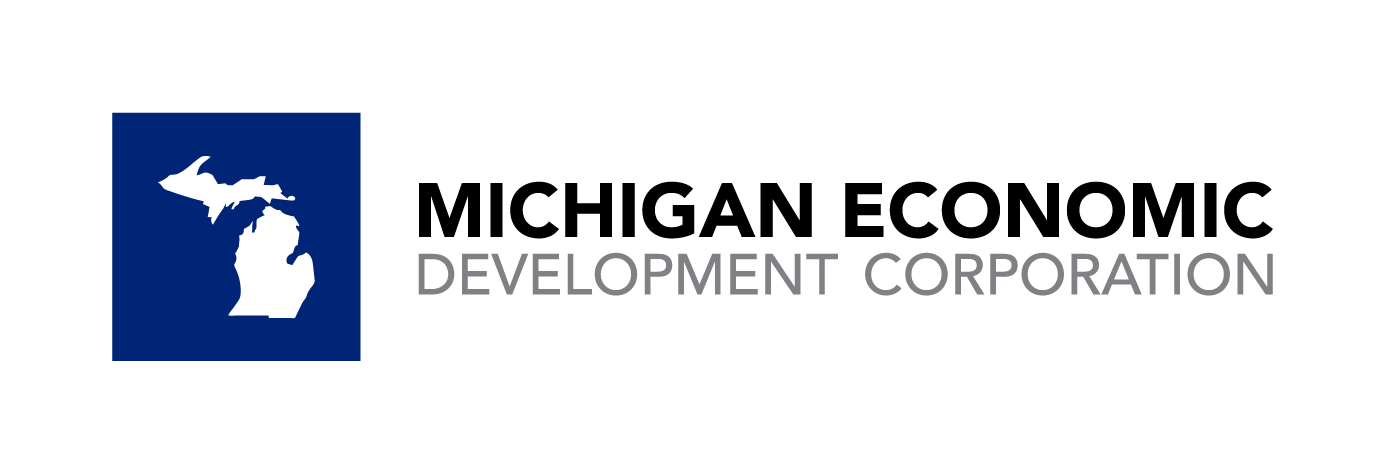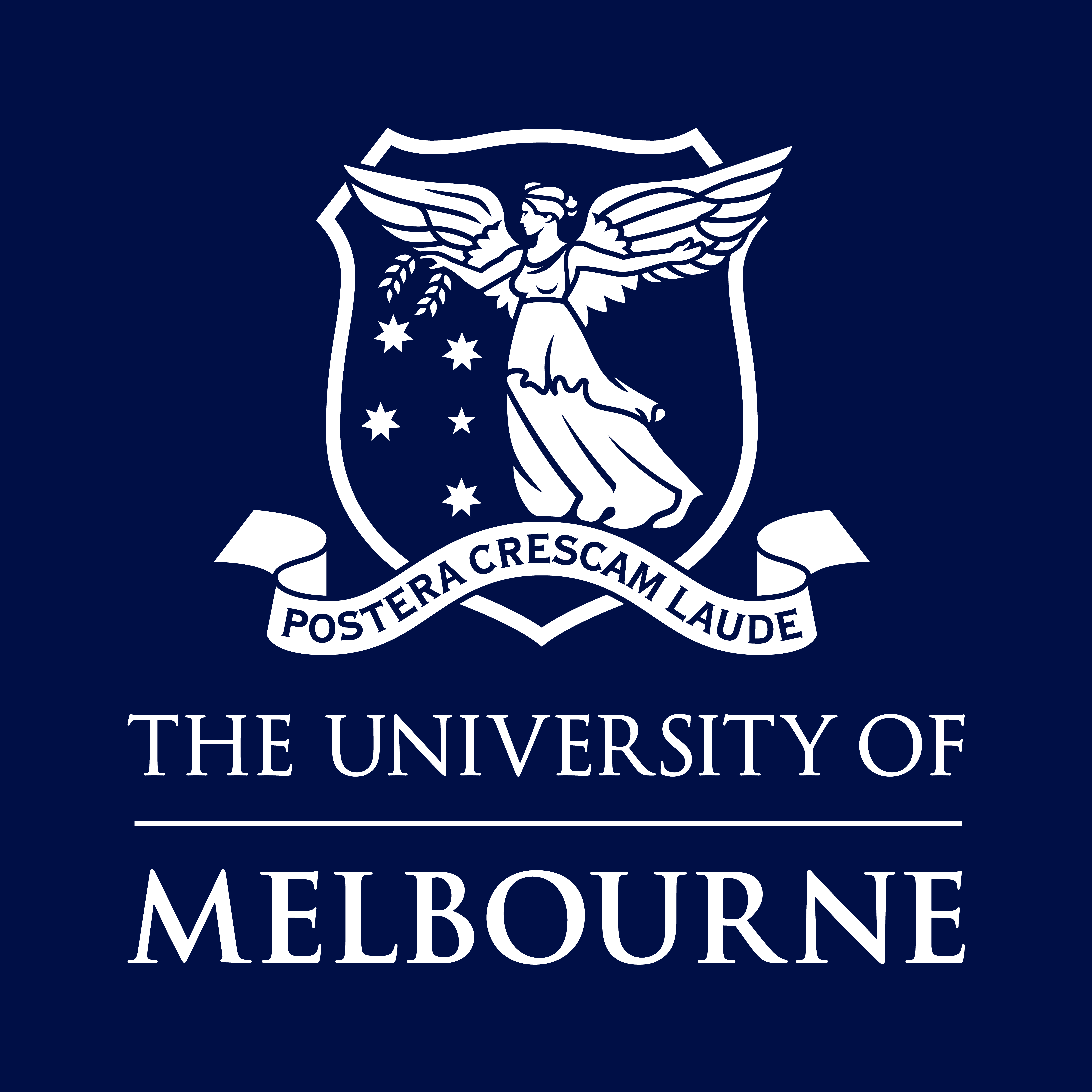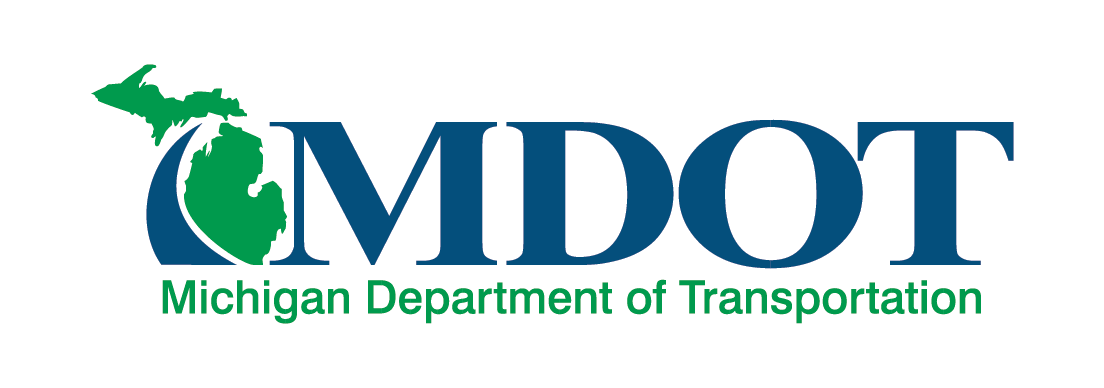
US: Monday 10 May, 6.30 – 7.30 pm EDT
AU: Tuesday 11 May, 8.30 – 9.30 am AEST
During 2020 we saw marked advances in the availability of electrified vehicles (EVs), and particularly in market uptake of battery-electric vehicles (BEVs) in many countries. This is expected to continue in 2021, with continuing attention to battery technology with advanced characteristics of energy density and structural weight of the battery.
These advances in EV technology will be accompanied by the rollout of charging infrastructure and continuing evolution of policy incentives for the purchase of EVs in many jurisdictions. At the same time, developments in connected and automated vehicles, and in advanced driver assistance, continue to promote the image of the digital vehicle.
Electrification of the drive train is seen by many as a natural strand of vehicle digitalization. The move to EVs is creating new vehicle market sectors with innovative use cases, for example in parcel delivery and personal services. New thinking in the market will lead to new technical demands, such as driverless capability. This new thinking extends to heavier freight trucks, previously thought to be less amenable to electrification. There is a sense of EV urgency in many countries that could have disruptive influences on vehicle performance as well as infrastructure development.
Recording
Panellists

Dr Peter F. Sweatman
Enterprise Professor in Transport Technologies / The University of Melbourne
Dr Sweatman has over 30 years of experience in transportation research and innovation, and the application of R&D. That experience encompasses vehicles, drivers, and infrastructure and impinges on technology, policy, and strategic planning. He is a trusted international voice on connected and automated vehicles, safety, ITS, transportation research and education, and freight technology and policy. He has worked extensively in Europe and Asia-Pacific as well as the United States.
Dr Sweatman is the recipient of the 2020 Max Lay Lifetime Achievement Award, read more here.
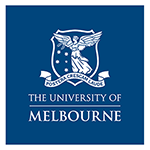

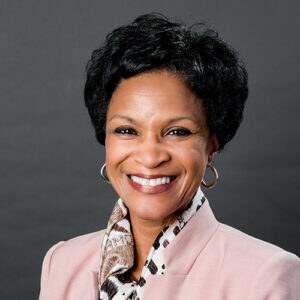
Denise Gray
President / LG Chem Michigan Inc Tech Center
Denise Gray is President LG Energy Solution Michigan Inc. Tech Center, the North American subsidiary of lithium-ion battery maker, LG Chem (LGC), Korea. In this position, she has overall responsibility for strategic direction, engineering, and business development. Additionally, she is a member of LGCMI Board of Directors.
Prior to joining LG Chem, Gray served as Vice President of Electrification Powertrain Engineering at AVL List, GmbH, in Austria, where she was responsible for leveraging AVL’s global capability to provide electrification engineering services to the automotive industry. Prior to that, Gray was Vice President of Business Development for an electrified powertrain battery startup company in California targeting China New Energy Vehicle Market. The majority of her over 30-year professional career was spent at General Motors, where she spearheaded efforts in vehicle electrical and powertrain systems controls and software, including battery systems. She also serves on the board of directors of Tenneco Inc. and the Original Equipment Suppliers Association (OESA), a non-profit trade association that represents the business interests of OE automotive suppliers doing business in North America.
She also is currently serving a three-year term as a member of the Board on Energy and Environmental Systems of the National Academy of Sciences, Engineering, and Medicine, and was the recipient of the 2019 U.S. Clean Energy Education and Empowerment (C3E) Lifetime Achievement Award.
Gray received a Master of Science in Engineering Management of Technology from Rensselaer Polytechnic Institute and a Bachelor of Science in Electrical Engineering from Kettering University.


Dr Jonathan Spear
Chief Executive Officer / Infrastructure Victoria
Dr Jonathan Spear is Infrastructure Victoria’s Chief Executive Officer. Previously the organisation’s Deputy Chief Executive, Chief Operating Officer and General Counsel, Jonathan has led Infrastructure Victoria’s work on Victoria’s 30-year infrastructure strategy, research program and provision of independent advice to the Victorian Government.
Before joining Infrastructure Victoria during its establishment in 2015, Jonathan held senior leadership, policy, strategy and legal roles with the Victorian Government Department of Premier and Cabinet, Department of Justice, Victoria Police and Slater and Gordon Lawyers.
Jonathan holds a Doctor of Philosophy in History, Executive Master of Public Administration, Master of Laws, Bachelor of Laws (Honours) and Bachelor of Arts (Honours). He is also a legal practitioner, a graduate of the Australian Institute of Company Directors and the Williamson Community Leadership Program, and a director of the Melbourne Forum.

